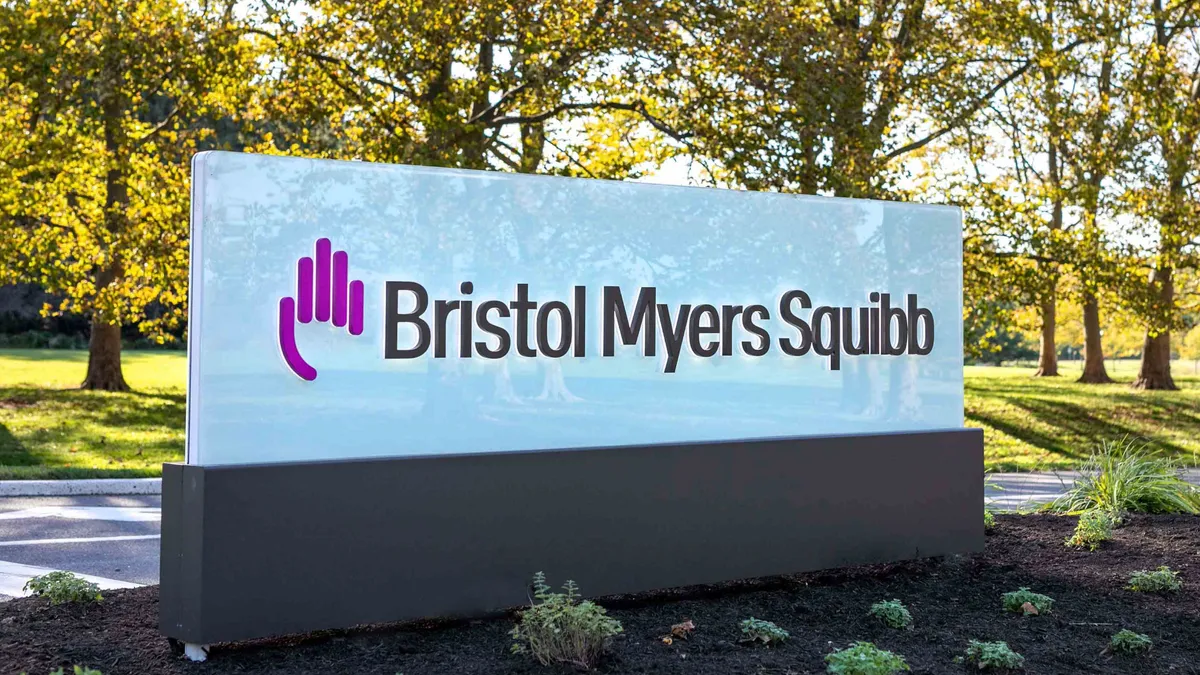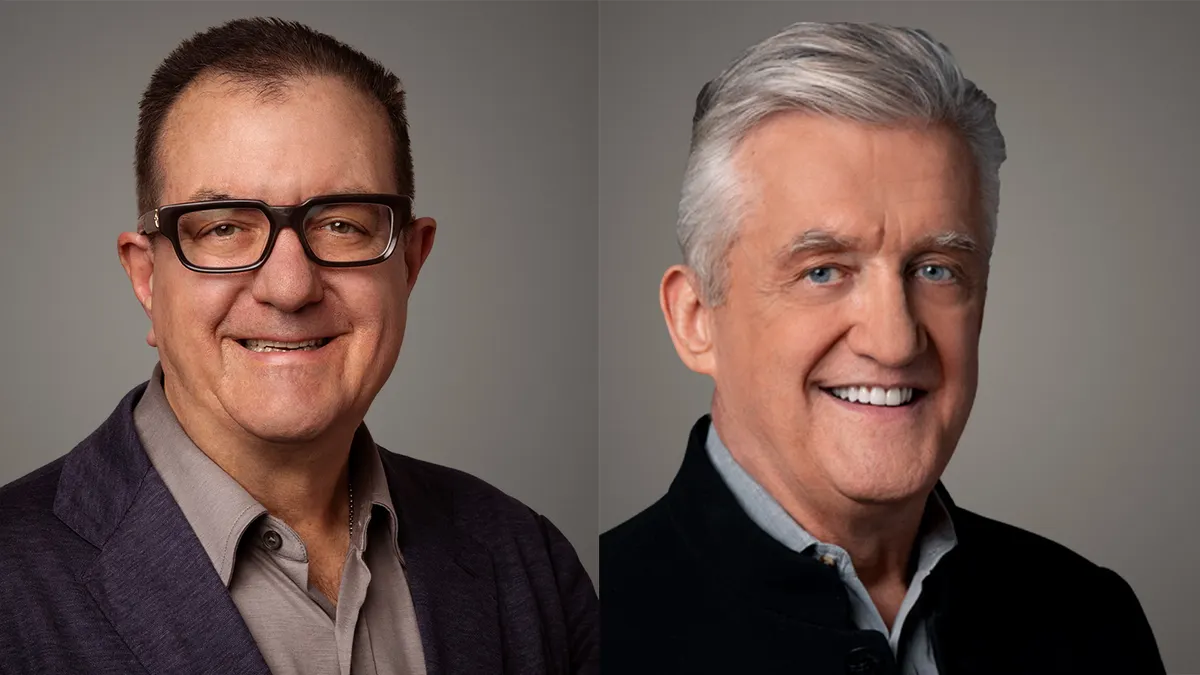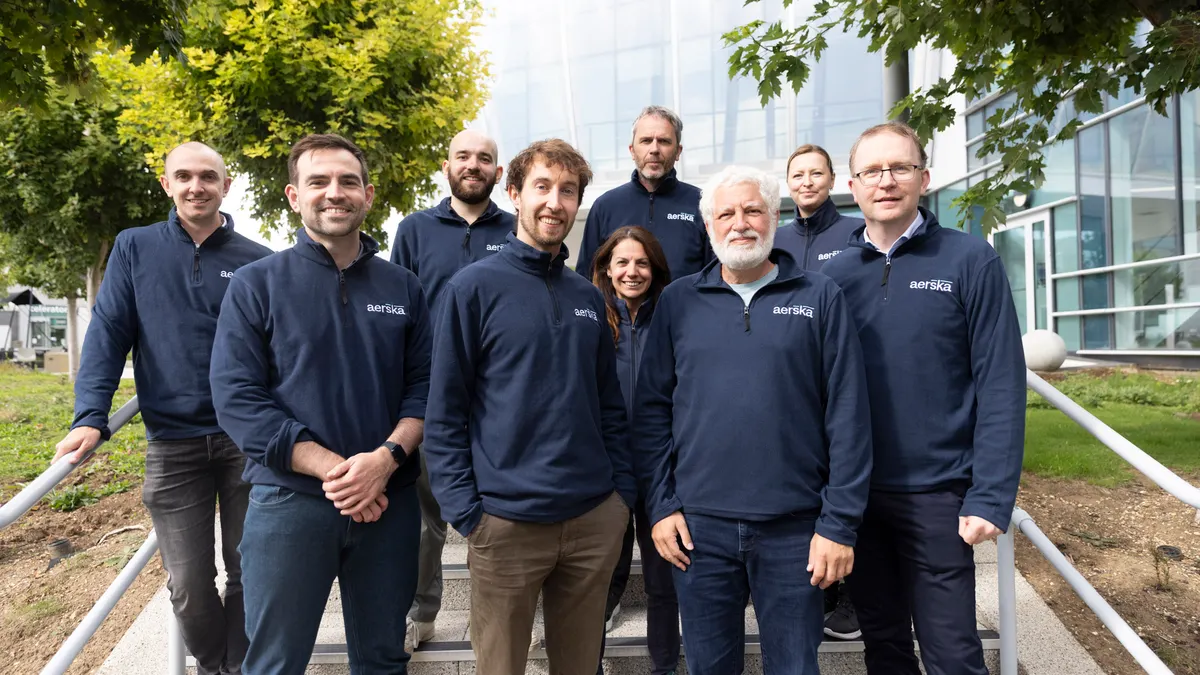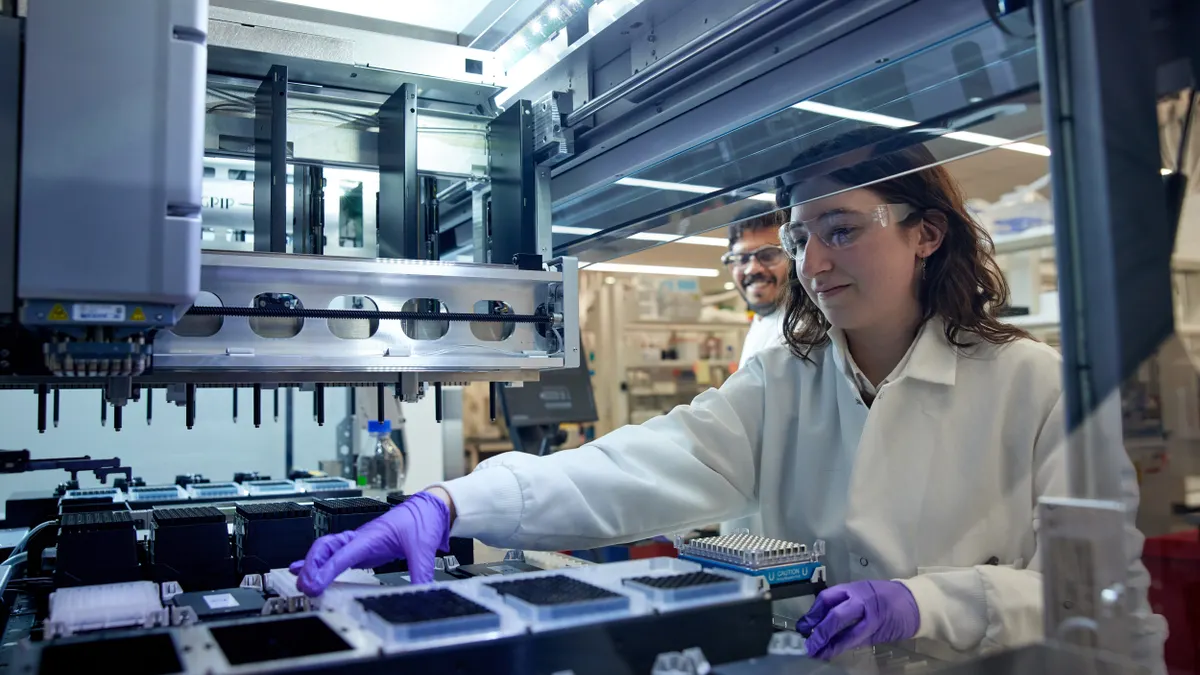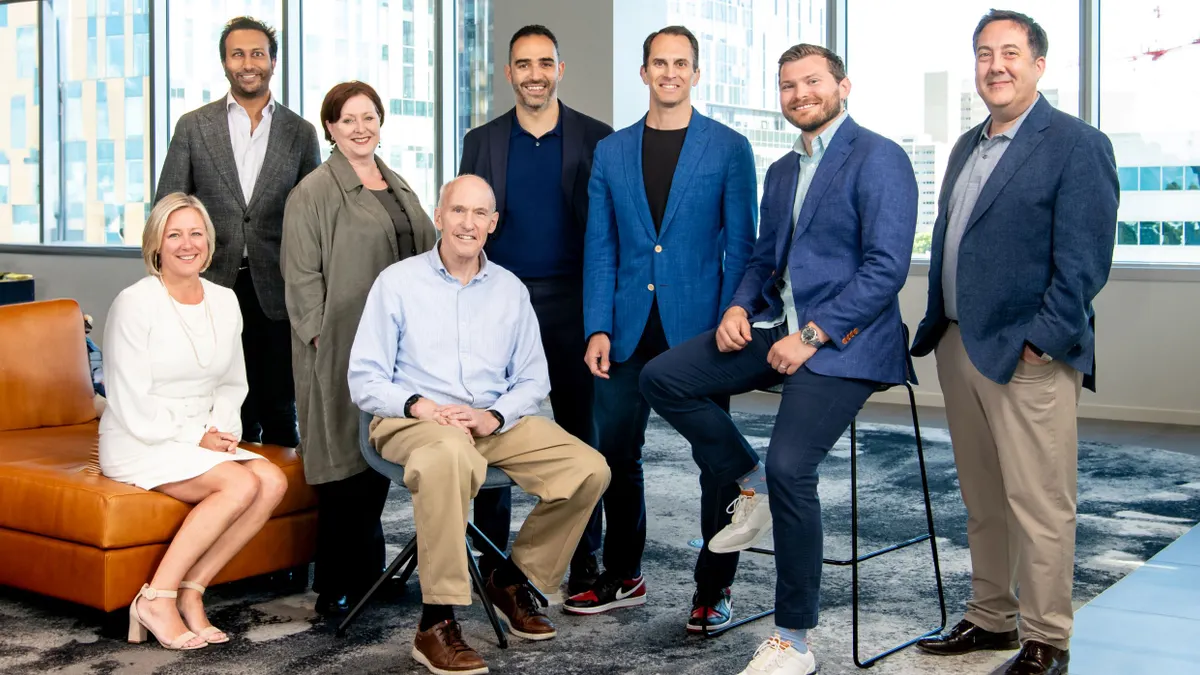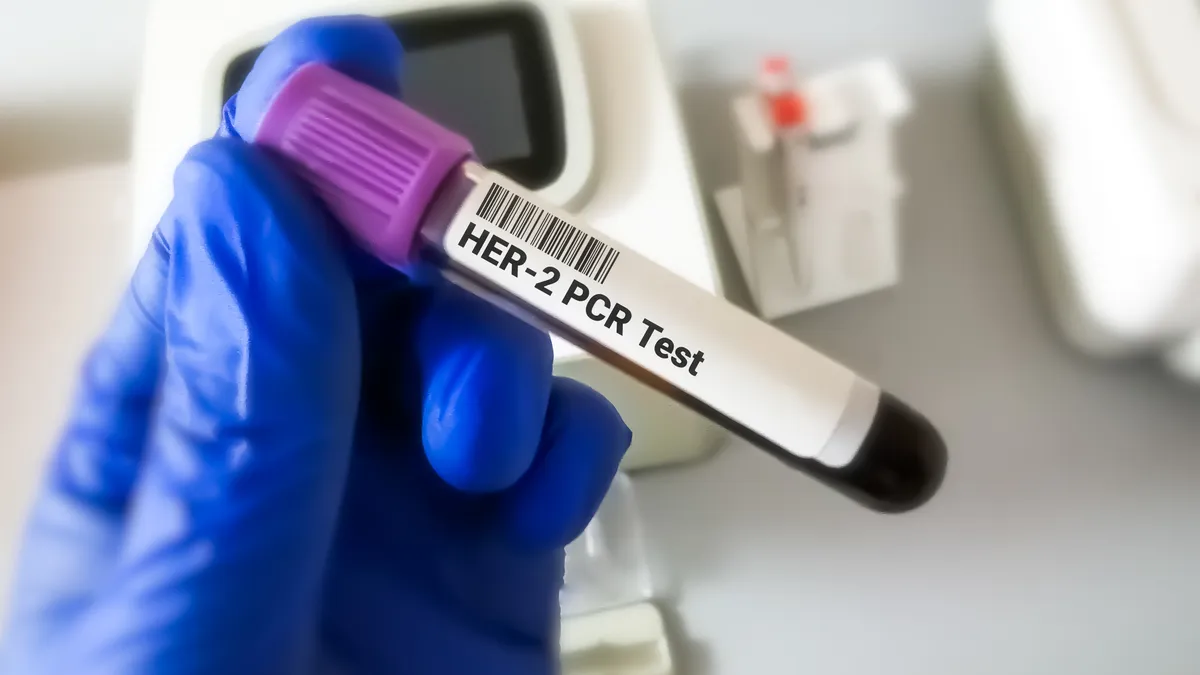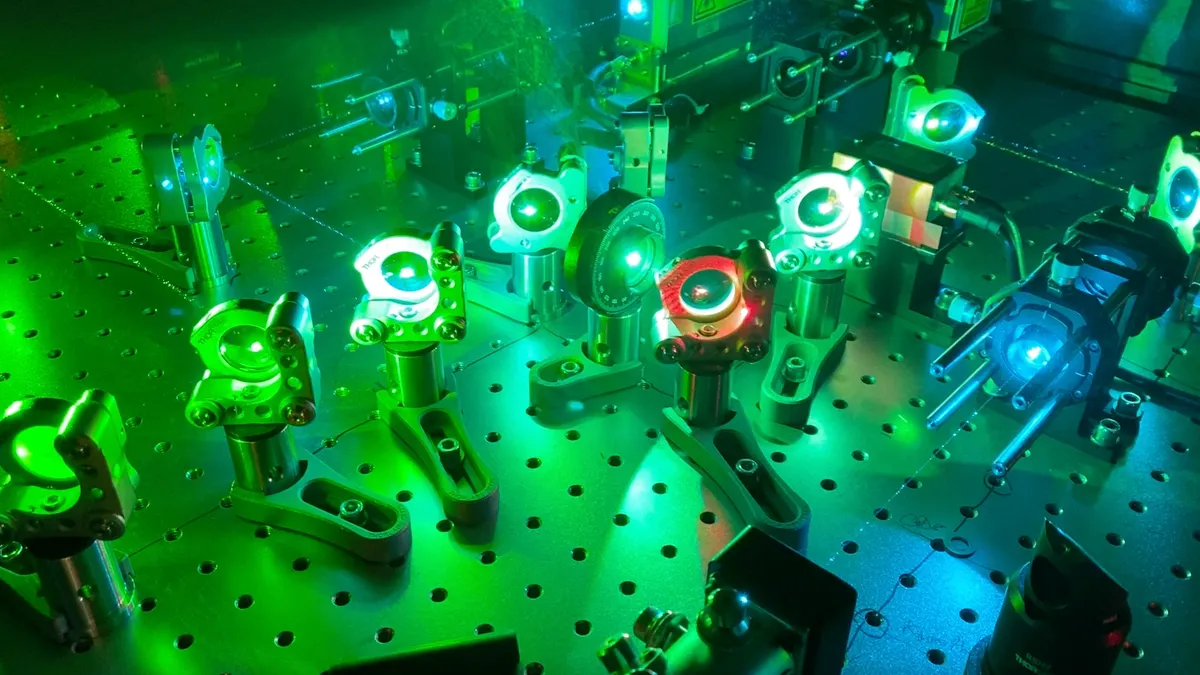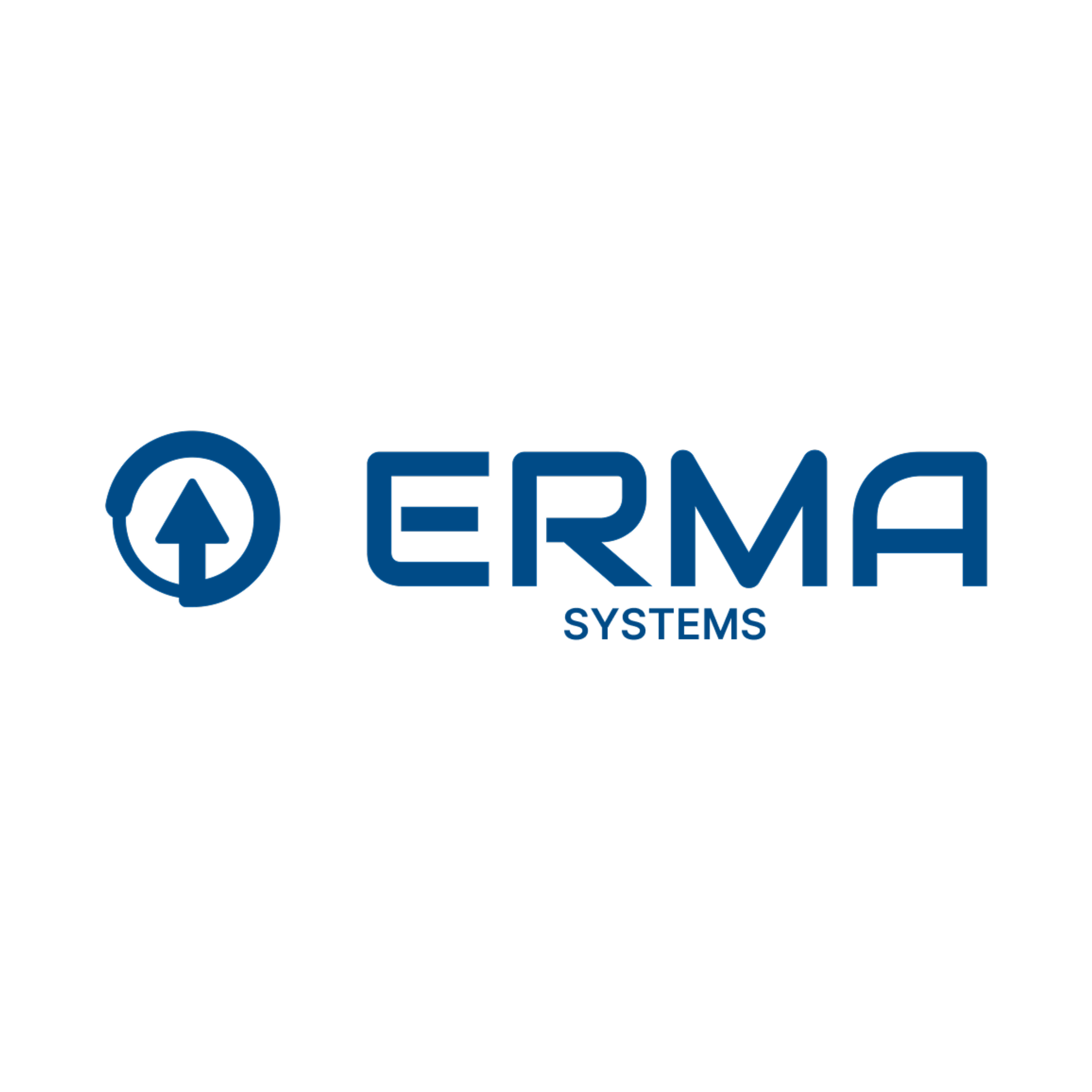A new biotechnology startup is launching with plans to challenge some of the world’s best-selling eye medicines, armed with a pair of prospects already in, or approaching, clinical testing.
Called Ollin Biosciences, the startup emerged from stealth on Wednesday with $100 million in financing and medicines it aims to prove are superior to Roche’s vision loss drug Vabysmo and Amgen’s thyroid eye disease treatment Tepezza.
Ollin’s lead prospect, dubbed OLN324, is being developed as part of a collaboration with Shanghai, China-based Innovent Biologics. The drug is a bispecific antibody that blocks a pair of proteins, VEGF and Ang2, involved in the progression of age-related macular degeneration and diabetic macular edema. They’re also the targets of Vabysmo, which was approved in 2022 and has since taken market share from Regeneron Pharmaceuticals’ blockbuster eye drug Eylea.
Ollin claims that, because of its design, OLN324 could be more potent and have longer-lasting effects than Vabysmo. It also aims to show in testing that OLN324 could offer patients greater relief from long-term health problems associated with AMD and DME.
“We see how quickly physicians switched from say, Lucentis to Eylea back in the day, and from Eylea to Vabysmo now,” said CEO Jason Ehrlich. “So therapies that offer further improvement in treatment outcomes and disease control for patients are really desired by the market and physicians.”
The company has completed enrollment in a 150-patient, randomized Phase 1b study testing OLN324 directly against Vabysmo. Results are expected in the first quarter of 2026.
Ollin licensed its other top candidate, named OLN102, from another Shanghai-based drugmaker called VelaVigo earlier this year.
Like Tepezza, the drug inhibits IGF-1R, which helps drive inflammation in thyroid eye disease. But OLN102 also simultaneously blocks a second target, TSHR, associated with disease progression. Ehrlich said impacting both at the same time may have “synergistic benefits” and minimize some of the known side effects of Tepezza. Ollin hopes to show it could be administered subcutaneously, too, instead of via an infusion like Tepezza. Human testing should start next year.
Ollin is building a drug portfolio through deals, rather than in-house research. It’s leaning on a team of experienced leaders and advisers in ophthalmology drug development, hoping that expertise will enable it to spot and advance next-generation medicines for multiple eye conditions.
“There are relatively few of those types of company builds in ophthalmology,” Ehrlich said. “It seemed like there was an opportunity to put something like that together."
Arch Venture Partners, Mubadala Capital and Monograph Capital co-led Ollin’s financing.









